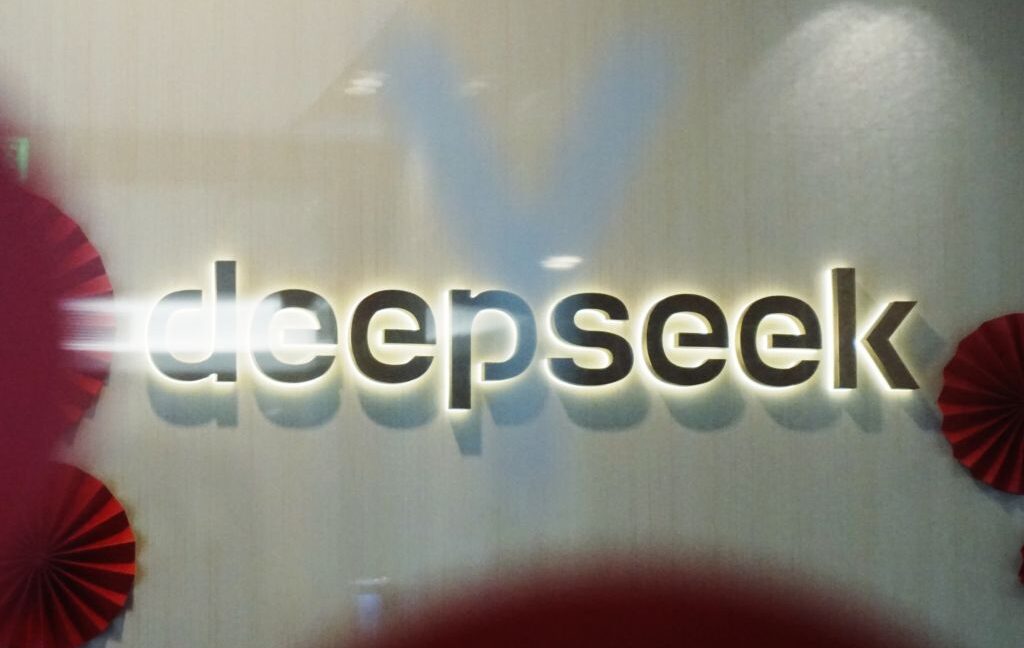Punch-Out’s Mike Tyson has been defeated in under two minutes for the first time
Bismuth explains the unreasonable luck needed for a record-setting Tyson fight at around the 56: 30 mark in this 2024 video.
Summoning Salt says Tyson here gave him a “perfect pattern” during his first phase of endless uppercuts, something that happens only 1 in 1,600 bouts. And later in the fight, the game’s random-number generator cooperated by adding only an extra 16 frames of delay (~0.8 in-game seconds) compared to a “perfect” run. Combined, Summoning Salt estimates that Tyson will only punch this quickly once every 7,000 to 10,000 attempts.
“It’s over,” Summoning Salt said live on Twitch when the record-setting match was finished, in a surprisingly even tone that came over what sounds very much like a dropped controller. “I thought I’d be a lot more excited about this. Holy shit, dude! It’s fucking over… Dude, am I dreaming right now? … I’m sorry I’m so quiet. I’m kind of in shock right now that that just happened.”
Where do we go from here?
With his near-perfect combination of both skill and luck, Summoning Salt’s new record surpasses his own previous world record of precisely 2: 00.00 on the in-game clock. That mark, set just eight months ago, was just three frames off of displaying 1: 59 on the in-game timer for the first time.
Summoning Salt was also the first runner to break the 2: 01 barrier on Tyson in 2020, a feat he has since replicated just 15 times over tens of thousands of attempts. “There’s essentially no difference between all of those [2:00.xx] fights and this one, except I got better luck from Tyson on this fight,” he writes. “Finally, after nearly half a decade, the 1: 59 has happened.”
Summoning Salt discusses the difficulty of beating 2: 13 on Tyson in 2020, months before setting a then-record time of 2: 00 himself
Ironically, just before posting his first 2: 00.xx fight in 2020, Summoning Salt posted a video discussing in part just how difficult it was for speedrunners to beat Matt Turk’s 2007 record of 2: 13 on Tyson. “For years it was just this impossibly fast time that the top players just couldn’t get close to,” Summoning Salt said at the time. “Of course, other top players fought Tyson years later, but their best efforts came up short… they couldn’t touch it. It stood alone.”
Summoning Salt is now just over a second off of the tool-assisted speedrun record of 1: 58.61, which uses emulated gameplay to fight a theoretical “perfect” bout every time. But after spending years on what he writes “is the greatest gaming achievement I have ever accomplished,” Summoning Salt seems ready to hang up his virtual boxing gloves for good.
“I have no plans to ever improve this time,” he writes. “It will be beaten by somebody one day, likely by matching this fight and then getting better luck in phase 3. I have no interest in competing for that but am extremely proud to have gotten the first sub 2 ever on Mike Tyson.”
Punch-Out’s Mike Tyson has been defeated in under two minutes for the first time Read More »

















